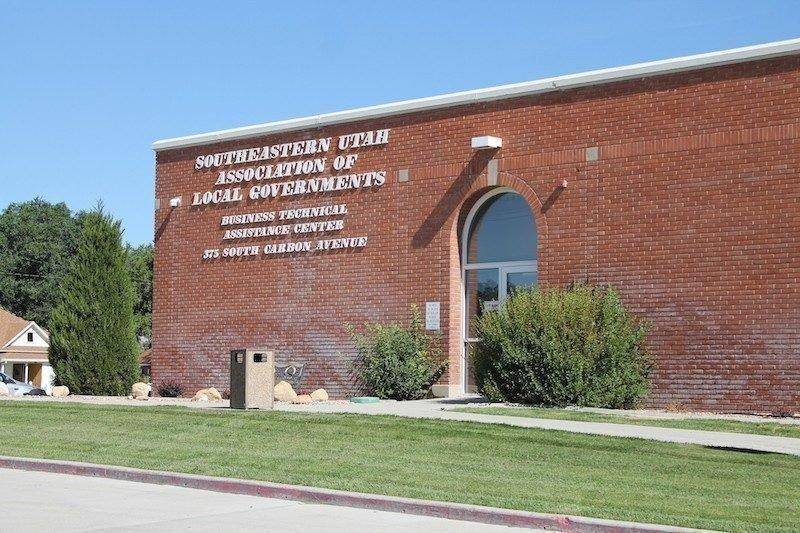SEUALG Press Release
A program that has for years been used to help low-income families put sweat equity in to existing houses that they wanted to secure for their own has grown into one that also allows people in that same category to build new houses as well.
“Because of the limited number of homes for sale in our current housing market, we are being guided to offer new, ground-up construction. We will continue to do housing rehabs, but we have found it is time to enter into this program,” said Barbara Fausett, who is the Self Help and Housing Rehab Program Manager at the Southeastern Utah Association of Local Governments (SEUALG). She also supervises nearly a half dozen other programs, which can help people in various ways with their housing in the San Juan, Grand, Emery and Carbon county areas. “The contract we have had with USDA is being amended so that we can do this.”
The Self Help Program has been utilized in prior years for the improvement or repair of homes for those that qualify. Now, it will also include building a house from ground up as well.
“This means we will be doing ground-up construction, which will include the cost of the lot and materials to build a brand new home,” she stated. “The new owner and any volunteers will put in the sweat equity on the home as it is constructed, earning equity at completion, on day one as they move in. A construction supervisor will direct, coordinate and oversee the project. There are some things that will be sub-contracted out, such as electrical and plumbing, but the program is designed to get the home built at a much lower cost in order for that equity to be gained in the overall cost of the project.”
The homes that are built under the program will be in the realm of affordable housing with the area loan limits up to $251,862. The agency is currently working on house plans for the homes to be built ranging in size from 1,100 to 2,000 square feet. She noted that a lot of families need a three bedroom, two bath home with a garage, while others don’t need a home as large.
Those on the higher end of the loan limits will discover they can afford more of a home if their income is in a category that provides a subsidized payment. Depending on the household’s income, the government could possibly pay a portion of their interest, which is monitored through documentation of their income from year to year. The subsidy goes down as their income increases. This allows people to get into more of a home at the present time that they wouldn’t be able to afford through a conventional lender. This gives them a chance to buy instead of rent with a payment close to what they are paying for rent and gain the sweat equity without any cash down payment.
The USDA Self Help program requires two homes be built under the program at a time, so the agency will need two families at a time to qualify as the process moves ahead. Their current contract requires the construction of five new homes in their two-year contract period, but they could renew their contract early in order to offer more of these projects to the community.
“We are actually piloting the two-homes-per-year program for the rural areas of Carbon and Emery counties,” said Fausett.
“There are a lot of people out there with incomes that will qualify for this program,” she explained. “For example, if a family of four has an income between $24,000 to $56,900 and their debt ratio qualifies, they would probably be a good candidate for the program.”
In addition, it is important to remember that with more people in a family, the amount of money that can be made by the family and still qualify increases. For instance, in Carbon and Emery counties, a family of five can make up to $75,100 and qualify.
The best way to see if one can qualify is to come in and visit with Fausett and she can help you apply for the program.
“This is a hand up, not a hand out,” she said. “Each participant will gain the knowledge and skills to maintain their home and carry a pride in ownership like no other.”
Interested parties can contact Barbara Fausett at (435) 613-0026 or email her at bfausett@seualg.utah.gov.day.

